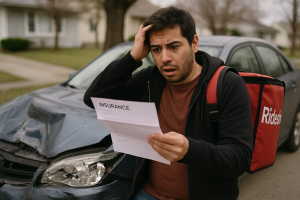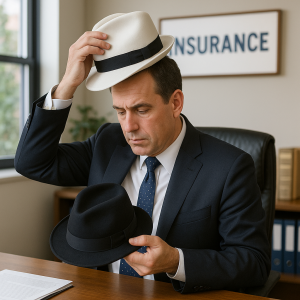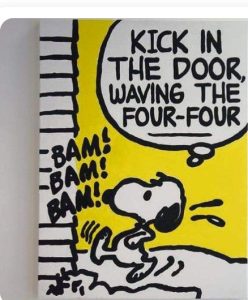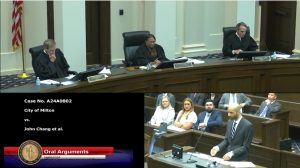Can the Government Use Zach Bryan’s Song in a Video to Get Back at Him?
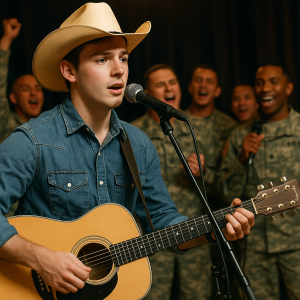 In early October 2025, Zach Bryan posted a snippet of an unreleased track widely referred to as “Bad News,” with lines criticizing ICE raids. Within a day, the Department of Homeland Security (DHS) publicly chided him—its public-affairs chief told TMZ he should “stick to ‘Pink Skies’”—and a DHS video promoting ICE/Border Patrol actions appeared online set to Bryan’s 2020 song “Revival.” Many saw the timing as a deliberate taunt. Coverage from Pitchfork, Entertainment Weekly, and The Guardian captured both the DHS criticism and the use of “Revival” in a recruitment/PR-style video.
In early October 2025, Zach Bryan posted a snippet of an unreleased track widely referred to as “Bad News,” with lines criticizing ICE raids. Within a day, the Department of Homeland Security (DHS) publicly chided him—its public-affairs chief told TMZ he should “stick to ‘Pink Skies’”—and a DHS video promoting ICE/Border Patrol actions appeared online set to Bryan’s 2020 song “Revival.” Many saw the timing as a deliberate taunt. Coverage from Pitchfork, Entertainment Weekly, and The Guardian captured both the DHS criticism and the use of “Revival” in a recruitment/PR-style video.
Wait, can they do that? They are the government, but can they get away with it?
 Atlanta Injury Attorney Blog
Atlanta Injury Attorney Blog


